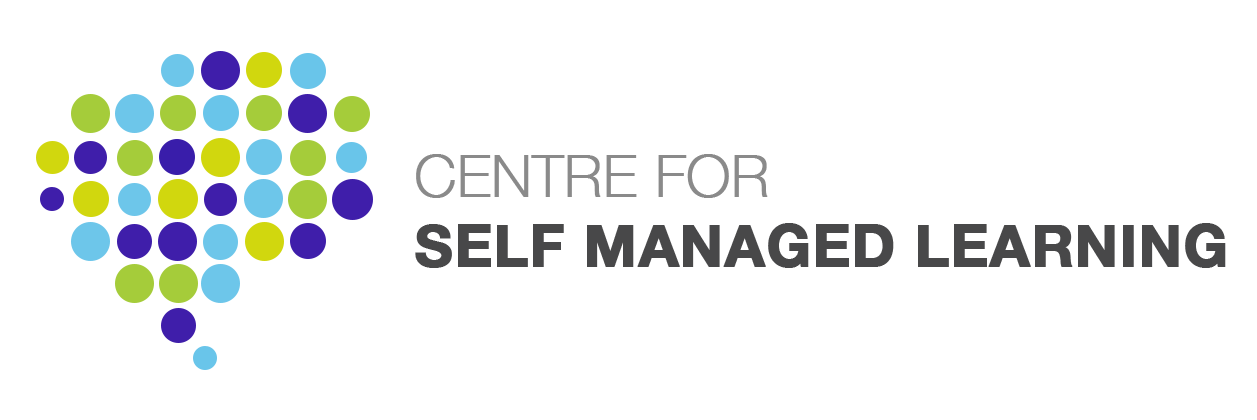18 Feb Letter to The Times’ re “I felt like an alien” article
The Times newspaper of Saturday 15 February ran a typically one-sided and vindictive article alleging that what they labelled as unschooled home education was dangerous. They took the case of one (only one) female who claimed to have been unschooled and learned nothing. She particularly raised the issue that she and others had not been helped to be literate. I sent the following letter to the Times though they have not printed it as it does not, of course, fit the prevailing lies being pushed by the media about the dangers of children not in school. "The case study of so-called unschooling...

